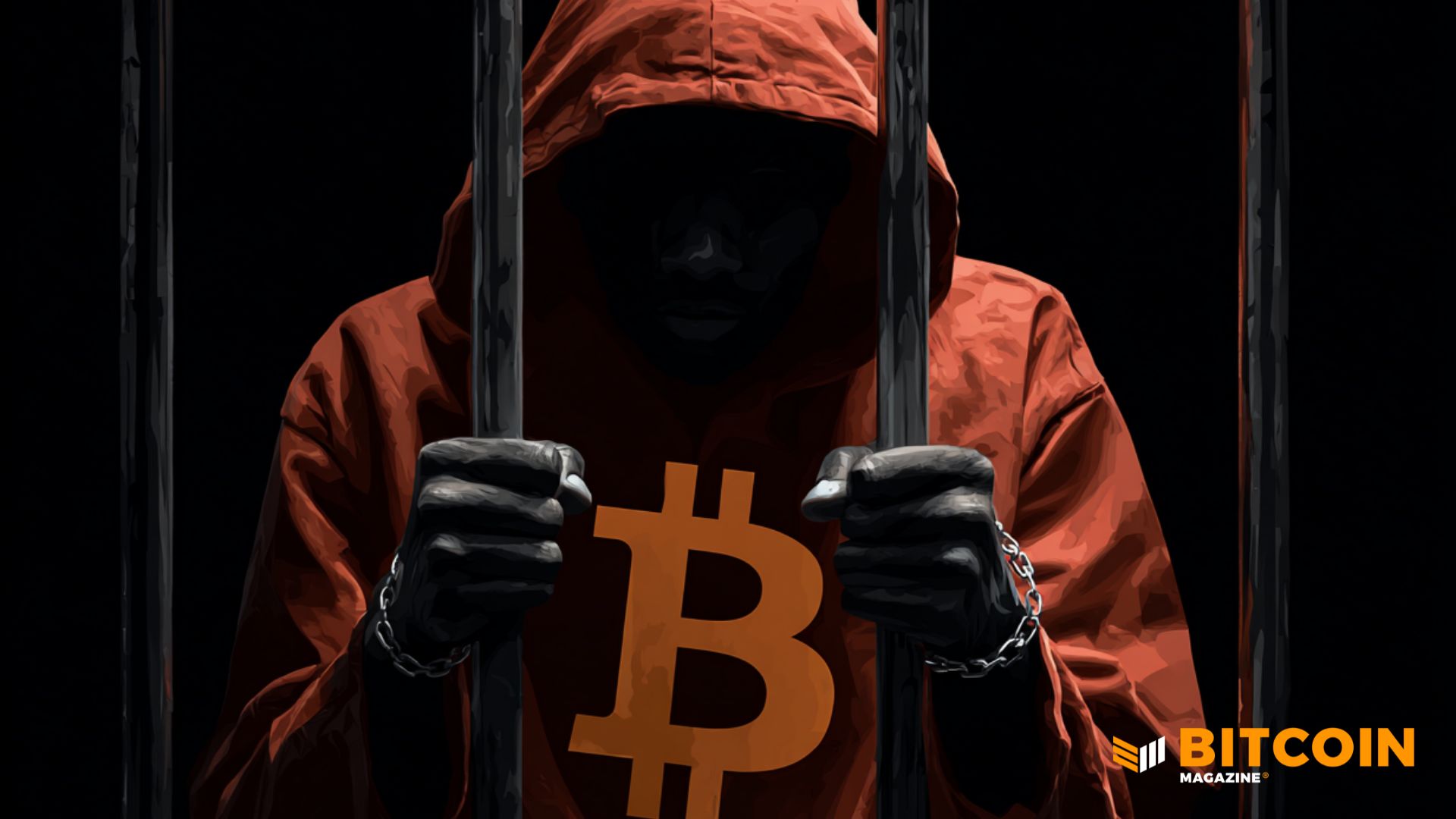North Korea's $3 Billion Crypto Heist Sparks U.S. Sanctions

The U.S. Treasury Department has taken decisive action against North Korea's illicit cyber operations, sanctioning eight individuals and two entities implicated in the regime's extensive cryptocurrency theft and laundering schemes. These measures are specifically aimed at disrupting the flow of digital assets stolen by Democratic People's Republic of Korea (DPRK) hackers, which are then laundered through a complex web of overseas networks. Over the past three years, North Korea-affiliated cybercriminals have reportedly stolen more than $3 billion, with the vast majority being in cryptocurrency, utilizing sophisticated methods such as advanced malware, social engineering tactics, and ransomware attacks to compromise banks, cryptocurrency exchanges, and various other digital platforms.
These illicit financial gains are crucial for Pyongyang, directly funding its prohibited nuclear weapons and ballistic missile programs. John K. Hurley, the Treasury Under Secretary for Terrorism and Financial Intelligence, emphasized this point, stating, "North Korean state-sponsored hackers steal and launder money to fund the regime’s nuclear weapons program." This underscores the critical link between North Korea's cybercrime activities and its pursuit of weapons of mass destruction, highlighting the grave threat these operations pose to international security.
Among those designated were bankers Jang Kuk Chol and Ho Jong Son, who were found to have managed over $5.3 million in cryptocurrency derived from ransomware attacks and revenue generated by DPRK IT workers operating abroad. Also sanctioned was the Korea Mangyongdae Computer Technology Corp., an IT firm known for operating IT worker delegations in China and employing local proxies to conceal the origins of its funds. The company's president, U Yong Su, was also individually designated, further tightening the net on the regime's financial facilitators.
In addition to these, Ryujong Credit Bank, based in Pyongyang, faced sanctions for its role in facilitating money laundering between North Korea and China. The U.S. Treasury also targeted five DPRK banking representatives stationed in China and Russia, identifying them for their involvement in moving millions of dollars, yuan, and euros through global financial networks, effectively enabling the regime's illicit financial activities on a larger scale.
The threat extends beyond direct theft, as evidenced by a warning issued by the FBI last year regarding North Korean hackers targeting U.S. cryptocurrency exchange-traded funds (ETFs). These attacks leverage highly advanced social engineering techniques, including meticulous research into employees within the crypto and decentralized finance (DeFi) sectors, personalized scams, fraudulent job offers, and the deployment of malicious software. Furthermore, North Korea exploits its overseas IT workers, who often operate under false identities and contracts, sometimes collaborating with non-North Korean freelancers, with a significant portion of their project revenue being diverted back to Pyongyang.
The U.S. sanctions impose severe restrictions, blocking all property and interests of the designated individuals and entities under U.S. jurisdiction. American persons are explicitly prohibited from engaging in any business with them, and financial institutions found to be in violation of these regulations could face stringent enforcement actions. Experts affirm that North Korea’s crypto operations are exceptionally sophisticated, seamlessly integrating cybercrime, sanctions evasion, and the exploitation of overseas IT labor to sustain its weapons development. This latest action by the U.S. Treasury reiterates the growing significance of cryptocurrency in North Korea's illicit finance landscape, with the overarching goal of severing Pyongyang's access to digital assets and cautioning the global financial system against inadvertently supporting these dangerous networks.
Recommended Articles
Kim Jong Un's Daughter Set to Inherit North Korea's Iron Throne?

South Korea's spy agency believes North Korean leader Kim Jong Un's daughter, Kim Ju Ae, is nearing designation as the c...
Shocking Crypto Crime Wave: $154 Billion Lost in 2025 as Russia, North Korea, Iran Exploit Blockchain!

Crypto crime hit record levels in 2025, driven by nation-state activities, large-scale thefts, and professionalized crim...
Crypto Spy Shockwave: Ex-Exchange Employee Gets 4 Years for North Korea Secrets-for-Bitcoin Plot

A South Korean crypto exchange employee received a four-year prison sentence for attempting to recruit a military office...
North Korea's Secret Weapon: Banned GPUs Powering Massive Crypto Heists!

North Korea is reportedly using banned NVIDIA GeForce RTX 2700 graphics cards for its AI research, focusing on cryptocur...
Crypto Titans Shake-Up: Ripple & Deutsche Bank Partner, XRP Dips, CZ's UAE Bitcoin Mining Role Revealed!

Deutsche Bank is set to adopt Ripple's technology for faster, cheaper cross-border payments, marking a significant insti...
Bitcoin's Dire 29% Drop: VanEck Signals Seller Exhaustion Amid Market Carnage!

Bitcoin has suffered a sharp 29% price drop, but a VanEck report suggests seller exhaustion and a potential market botto...
You may also like...
Bundesliga's New Nigerian Star Shines: Ogundu's Explosive Augsburg Debut!

Nigerian players experienced a weekend of mixed results in the German Bundesliga's 23rd match day. Uchenna Ogundu enjoye...
Capello Unleashes Juventus' Secret Weapon Against Osimhen in UCL Showdown!

Juventus faces an uphill battle against Galatasaray in the UEFA Champions League Round of 16 second leg, needing to over...
Berlinale Shocker: 'Yellow Letters' Takes Golden Bear, 'AnyMart' Director Debuts!

The Berlin Film Festival honored
Shocking Trend: Sudan's 'Lion Cubs' – Child Soldiers Going Viral on TikTok

A joint investigation reveals that child soldiers, dubbed 'lion cubs,' have become viral sensations on TikTok and other ...
Gregory Maqoma's 'Genesis': A Powerful Artistic Call for Healing in South Africa

Gregory Maqoma's new dance-opera, "Genesis: The Beginning and End of Time," has premiered in Cape Town, offering a capti...
Massive Rivian 2026.03 Update Boosts R1 Performance and Utility!

Rivian's latest software update, 2026.03, brings substantial enhancements to its R1S SUV and R1T pickup, broadening perf...
Bitcoin's Dire 29% Drop: VanEck Signals Seller Exhaustion Amid Market Carnage!

Bitcoin has suffered a sharp 29% price drop, but a VanEck report suggests seller exhaustion and a potential market botto...
Crypto Titans Shake-Up: Ripple & Deutsche Bank Partner, XRP Dips, CZ's UAE Bitcoin Mining Role Revealed!

Deutsche Bank is set to adopt Ripple's technology for faster, cheaper cross-border payments, marking a significant insti...